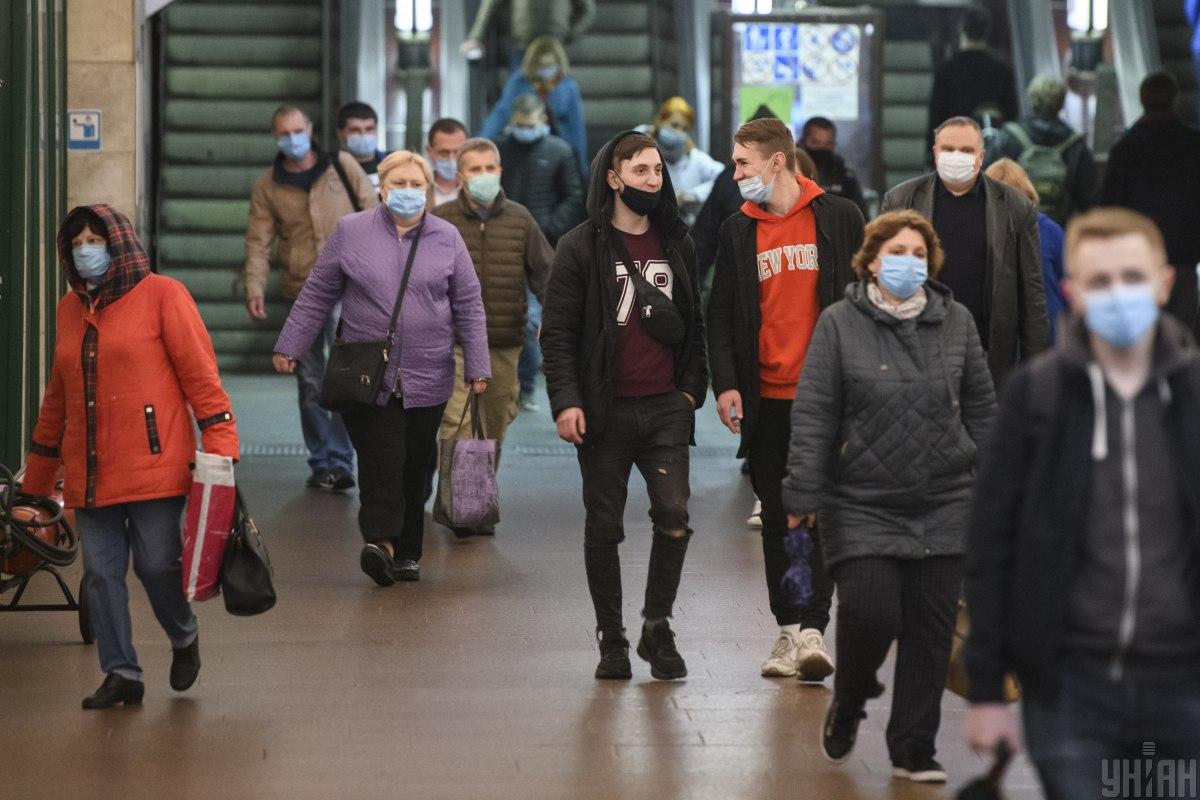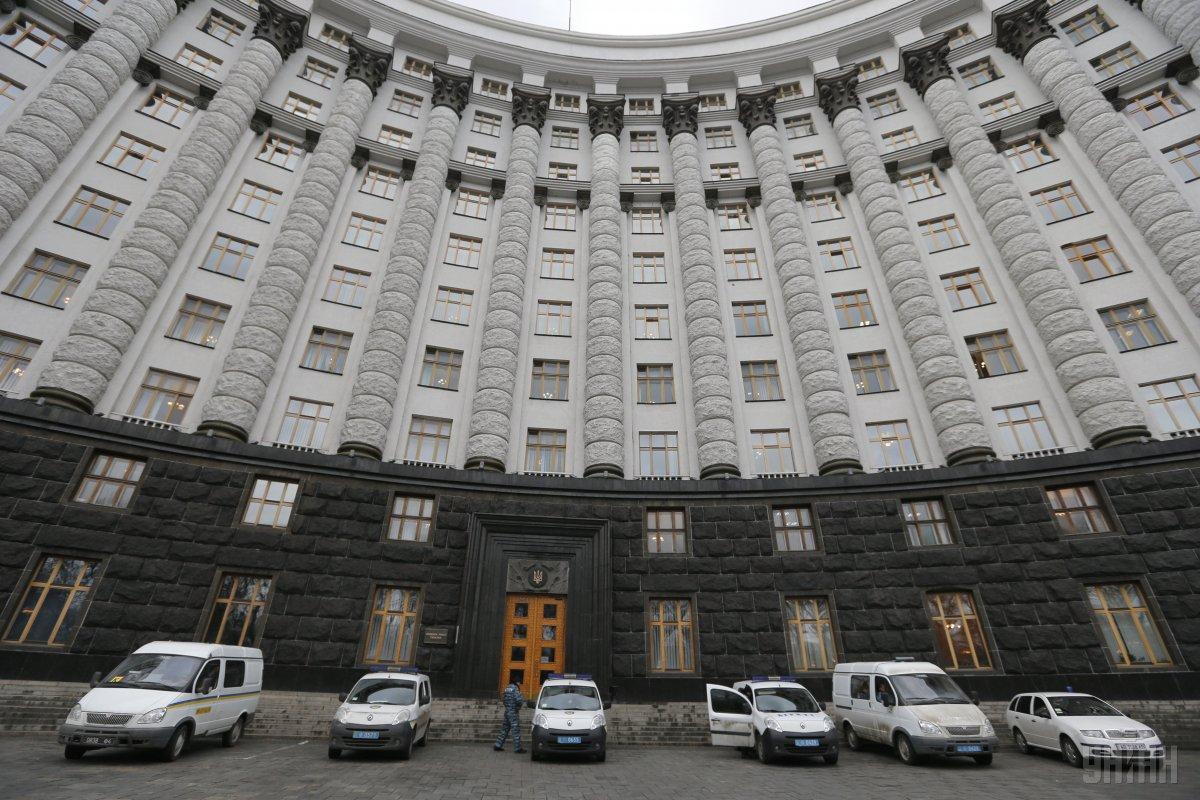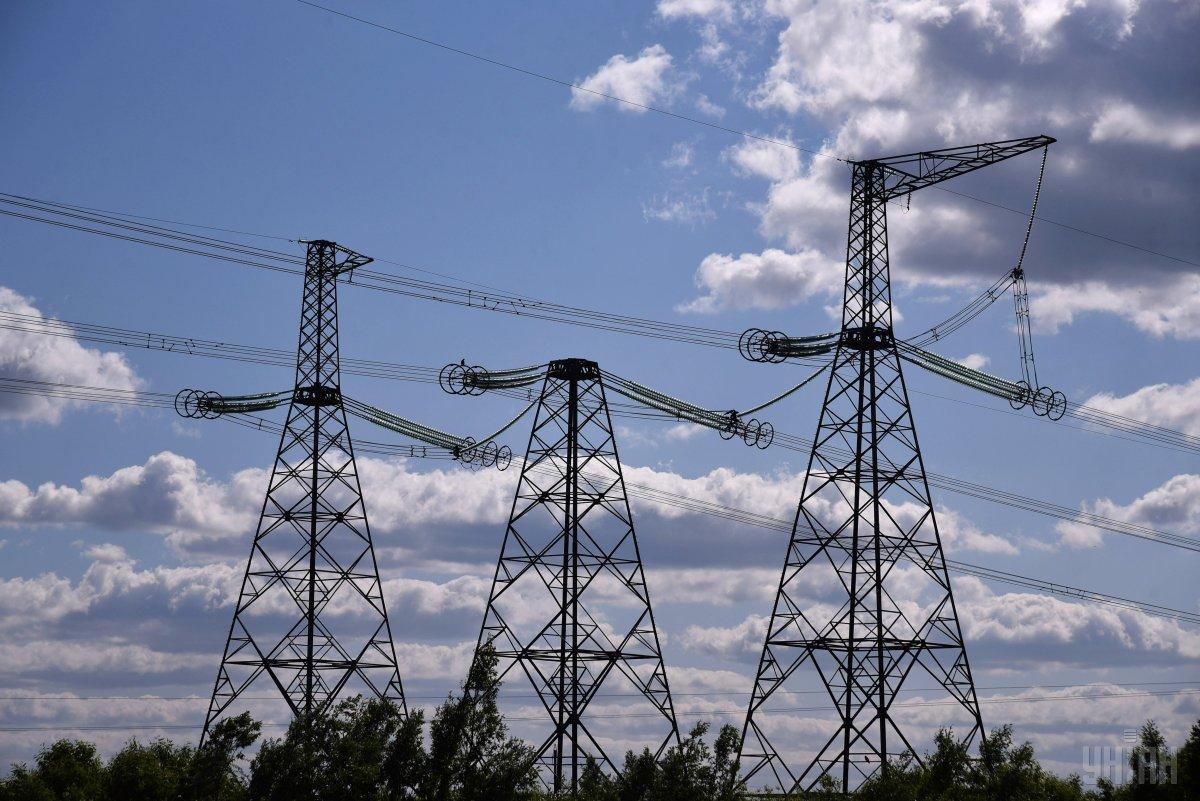
Week's balance: quarantine concessions, economic recovery in turbo mode, and manipulation on energy market
Ukrainian authorities continue to relax quarantine restrictions, which gives entrepreneurs hope for survival; the government approved a program to stimulate the economy to overcome the effects of the crisis; while the energy market is shaking from large-scale manipulation in the electricity sector – these are the main economic developments of the outgoing week.
The last week of May was marked by the partial removal of anti-epidemic restrictions across Ukraine as part of the transition to an adaptive quarantine model, which somewhat revived the national economy. Since Monday, following ground transport, subway resumed its work, while city fairs and markets were also reopened. In addition, Ukrainians were allowed to work out at open-door sports grounds, while children can now play at outdoor playgrounds.
From Saturday, May 30, shopping malls reopen in Kyiv (except for entertainment zones), as well as hotels (not hostels). Restaurants in hotels can work exclusively in takeaway mode. From Monday, June 1, railway transport will be launched, including on long-distance and international routes.
Officials emphasize that, despite partial quarantine concessions, Ukrainians need to remember the need to maintain social distancing, regular use of sanitizer, and the importance of wearing face masks in order to avoid a resurgence in the COVID-19 incidence. The Ministry of Health also notes that people over sixty should remain on self-isolation.

The quarantine delivered a significant blow to the national economy. According to the State Statistics Service, capital investment in the first quarter of 2020 decreased by 35.5% on year, to UAH 76.9 billion. The largest drop in investment was recorded in art, sports, entertainment, and recreation, air transport, as well as catering. The greatest growth was observed in electric communications, information, and telecom.
The share of unprofitable enterprises in January-March increased from 27.2% to 40.8%. Large and medium-sized enterprises in the first three months of the year reported losses of about UAH 5 billion against profit of over UAH 111 billion seen in the same period last year.
The second quarter's performance, obviously, won't please Ukrainians with positive dynamics, given the long idle period of a lion's share of entrepreneurs. Therefore, the government faces an extremely important task – to support national economy and breathe new life into it.
Economic recovery

The Cabinet of Ministers at a meeting on May 27 approved a program to stimulate the domestic economy to overcome the consequences of the COVID-19 pandemic. As noted by the Minister of Economic Development, Trade and Agriculture Ihor Petrashko, the program is an extensive document, which includes more than 230 specific measures.
"First of all, the task of the program and the directions that have been developed include ensuring the safe functioning of the economy, since the challenges posed by the coronavirus concern not only the development of the economy, but also its safe functioning," the minister said, adding that the document was adopted in accordance with a comprehensive reform program, complementing it.
All initiatives presented in the program can be divided into short-term, medium-term, and strategic (preventive) ones. Short-term measures include the development of industry standards for businesses and temporary exemption from taxation; medium-term ones include providing assistance in the production of dual-use goods and a state order for the production of medical supplies; and strategic ones are emergency cooperation with partner states and revision of trade and economic relations with the European Union.
The program involves introduction of protectionism, that is, the protection of domestic goods from foreign competition. Prime Minister Denys Shmyhal emphasized that Ukraine will not engage in economic "lawlessness" in the implementation of the economic recovery program.
"Speaking of healthy economic nationalism… We're only talking about sound things. We're aware that in protecting Ukrainian producers, we will only employ the range of tools given to us by the rules of the World Trade Organization, as well as the General Agreement on Tariffs and Trade. Therefore, we aren't going to engage in economic 'lawlessness'. We will act according to the rules established by the WTO," he said.
Also, the program contains a bloc of "sectoral measures", which clearly prescribes support for industry, agriculture, energy, transport, infrastructure, information and communication technologies, as well as the service sector. Energy support involves increasing market transparency and reducing energy dependence by increasing energy production. To support the transport sector, The program envisages continued reform of the Administration of Seaports and Ukrzaliznytsia railway operator, the launch of inland water transport, and the expansion of private-state partnerships.
The government emphasized that the program stands "on three pillars" – access to finance, access to markets, as well as ensuring modernization and sustainable development.
As Shmyhal noted, the government has set itself the goal of improving Ukraine's position in the Doing Business ranking and entering the TOP-30 among 190 countries. The implementation of the program approved will allow national economy to return to growth in the second half of 2020, he believes. At the same time, the government predicts that as a result of the coronacrisis, Ukraine's gross domestic product may decline for 2020 by 4-8% year-on-year.
Earlier, the Verkhovna Rada introduced "anti-crisis" amendments to the state budget 2020, increasing its deficit almost threefold, to UAH 298.4 billion, or 7.5% of GDP.
By the way, according to the Ministry of Finance, in April Ukraine's public debt grew by 1.3% in dollar terms, up to $81.4 billion.
Energy turbulence

Another important event of the last week of May, which drew public attention, was the collapse in prices on the energy market, which, according to Andriy Gerus, head of the parliamentary committee on energy and utilities, was a result of large-scale manipulation.
"The electricity market has recently been seeing large-scale manipulation. More than 20,000 MWh, or about 30% of the market, disappeared from applications for purchase on the day-ahead market, which led to a price plunge. On Monday-Wednesday, the price dropped 35% on week," Gerus wrote on Facebook on Wednesday.
As was later noted by an energy regulator (NEURC), it's DTEK Group of Companies owned by Rinat Akhmetov which stands behind the manipulation. "Such a fall in prices is clearly artificial, since it doesn't reflect the actual demand and supply of electricity in the Ukrainian energy grid. NEURC has analyzed the situation and came to the conclusion that such a price plunge in the market was caused by the actions of the DTEK Group of Companies which significantly reduced the purchase of electricity on the day-ahead market," the regulator said in a statement.
To address the issue, NEURC decided to set the minimum electricity prices for the day and night periods. So, at the next meeting, a draft decision was submitted on determining the minimum prices on the day-ahead market at UAH 980 per MW in the daytime and UAH 567 per MW at night. In addition, in the past week, for the first time in Ukraine's history, nuclear power plants produced less electricity than expensive and non-environmentally friendly coal stations, as a result of record-high capacity limitations imposed on NPPs, which are now operating at historic lows, generating about 6,630 MW.
"This means that less nuclear energy, which is the cheapest, is making it to the market, while more thermal energy is coming in. Firstly, thermal is more expensive, and secondly, coal is burned in the process of thermal generation, which imposes a burden on the environment as this is a rather hazardous process," said Dmytro Kisylevsky, deputy head of the parliamentary committee on economic development.
The capacity of nuclear power plants, he says, is limited in connection with the current policy of the Ministry of Energy and Environmental Protection, which isn't aimed at protecting the interests of consumers, since this will lead to an increase in the cost of electricity, and therefore – that of goods.
"For a reason incomprehensible to me, generation of cheap electricity has been limited, while expensive generation has been raised. So much for the energy ministry's policies, and they aren't in the interests of consumers because the more expensive the electricity, the more consumers will pay for it. The consumer will pay more in the store, because the products, goods that we buy will go up in price because electricity is part of the cost of any goods," the MP noted.
Obviously, such turbulence in the energy market will affect electricity bills and further aggravate the current situation in which the national economy has found itself. By the way, in Ukraine, the price of household electricity hasn't changed since 2017, amounting to UAH 0.9 per 1 kWh if users consume below 100 kWh a month. If consumption is above that limit, the price is UAH 1.68 per kWh.
Another important event in the energy sector this week was the government decision to once again split the core Ministry of Energy and Environmental Protection into two separate ministries. Just in September 2019, the Cabinet moved to merge the Ministry of Energy and the Ministry of Ecology into one.
The first week of June promises to be no less eventful. Ukraine will continue the gradual lifting of quarantine restrictions, which means that more and more entrepreneurs will be able to return to work. The government will continue to make moves toward stabilization, while the Verkhovna Rada will consider a number of important bills.
Nadiia Burbela

